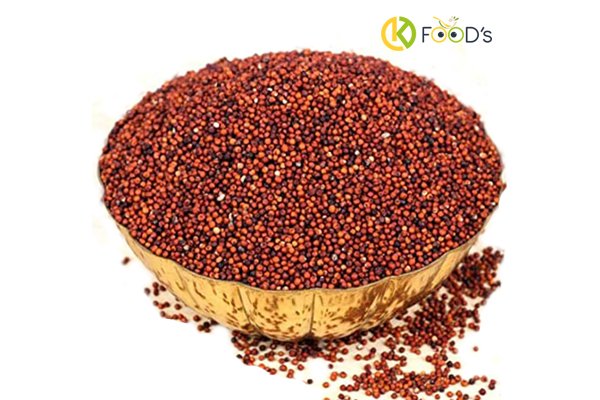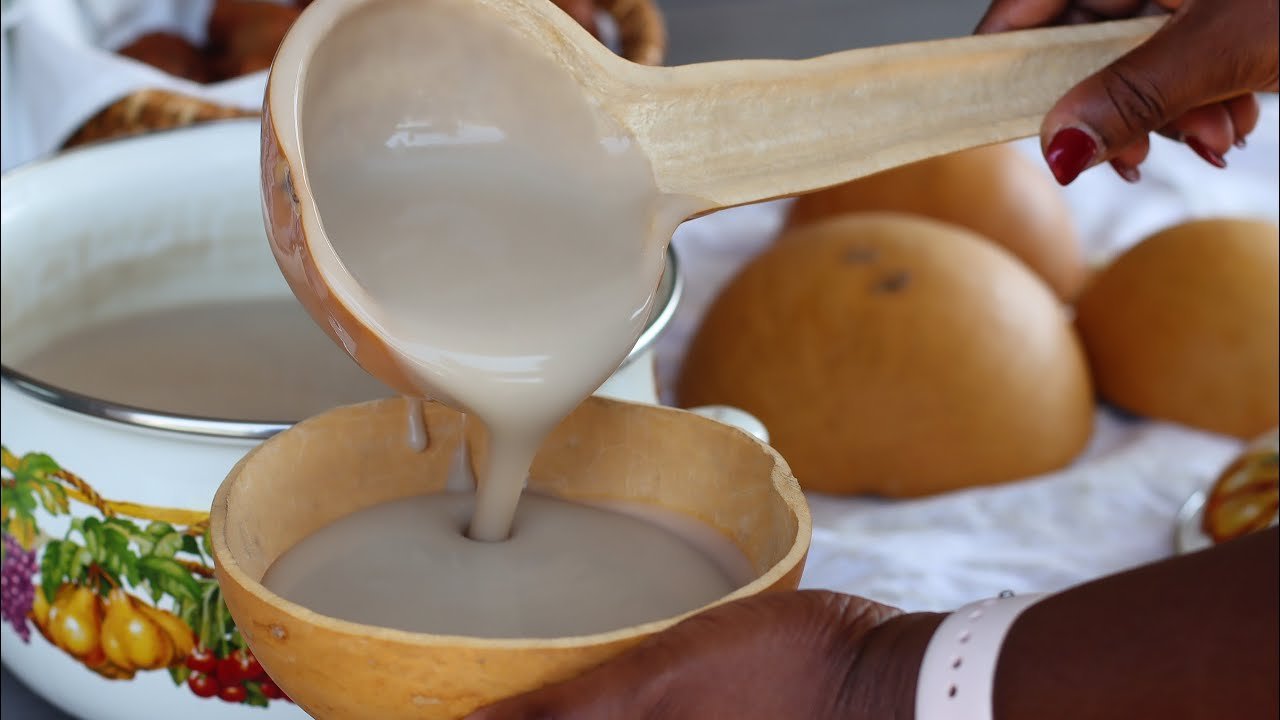Nutrition
Winning battle against high cholesterol using diet

Eat healthy
In this week’s edition, we will be looking at certain diets and lifestyles that influence our body cholesterol, and how we can modify them.
Cholesterol is a “fatty” substance which accumulates in our blood from usually years of consuming high fat meals, and also from a lifestyle devoid of physical activity. There are two variants of cholesterol; high-density lipoprotein (HDL), which is good for the body, and low-density lipoprotein (LDL) and triglyceride, which are bad for the body and can lead to hypertension, stroke, heart diseases, among other diseases.
Foods to avoid
To reduce the bad cholesterols, foods like red meat, deep fried foods, cheese, butterhigh processed foods like white bread, pastriesand pizza should be reduced to a minimum in our diet.
Foods to consume
It will benefit us greatly to include foods like;
Oats and barley
Low fat diet like fish, skinless chicken or turkey and lean meats
Nuts and seeds
Beans and lentils
Fruits and vegetablesregularly in our diet. These increase the good cholesterol, and thus help to fight against the conditions mentioned above.
Lifestyle modification
Modifying our lifestyle from a predominantly sedentary lifestyle to incorporating exercises like going for walks, jogging, and riding bicycles, as well as avoiding late-night high-calorie meals, excessive alcohol intake, and cigarette smoking will serve to prolong our healthy life and prevent high cholesterol from being our burden.
In summary, dietary and lifestyle management plays a pivotal role in controlling high cholesterol levels. By focusing on whole foods, reducing saturated fats, and embracing heart-healthy choices, we can take vital steps towards improving our cardiovascular health. Making these simple yet impactful changes can lead to a healthier, cholesterol-friendly lifestyle.
The writer is a Dietitian and CEO of Holistic Health Consult E-mail: info@holistichealthconsult.org
By Bernice Korkor Asare
Nutrition
Benefits of millet

– High nutritional value: Millets are a rich source of nutrients, including protein, fibre, and micronutrients like magnesium, potassium, and zinc.
It also has a low glycemic index. This makes it an ideal food for people with diabetes or anyone looking to maintain stable blood sugar levels.
– Gluten free: Millet is naturally gluten-free, making it an excellent choice for those with celiac disease or gluten intolerance. It’s also a great alternative to wheat for people looking to reduce their gluten intake.
-Promotes digestive health – The high fibre content in millet makes it an excellent food for promoting digestive health. It can help to prevent constipation and reduce the risk of colon cancer.
-Aids weight loss – Millets have a low calorie count, and they are an excellent food product for weight loss. They help to maintain energy levels throughout the day, preventing the need for constant snacking and overeating. Millets also keep you satiated for longer than other carbohydrates, as they take time to get digested and absorbed into your body.
-Keeps blood sugar levels low – Millets have a low glycaemic index, which makes them an excellent food for regulating blood sugar levels. Consuming millets regularly can lower your risk of developing diabetes.
-Boosts Immunity – Millets provide a great source of protein and can help develop and strengthen your immunity. A stronger immune system means fewer chances of you catching diseases.
-Reduces cardiovascular risks – The essential fats found in millets provide our bodies with good fats which prevent excess fat storage, effectively lowering the risk of high cholesterol, strokes, and other heart complaints. The potassium content in millets regulates your blood pressure and optimises your circulatory system.
-Prevents asthma – The magnesium content in millets can reduce the frequency and severity of migraines and asthma complaints. Unlike wheat, they do not contain the allergens that lead to asthma and wheezing.
-Helps your digestion – Millets are a rich fibre source that benefits digestion by alleviating bloating, gas, cramping, and constipation. Good digestion keeps issues like gastric/colon cancer and kidney/liver complaints away.
-Acts as an antioxidant – Millets help the body detox because of their antioxidant properties. Quercetin, curcumin, ellagic acid, and other valuable catechins flush out toxins from your body and neutralise the enzymatic actions of your organs.
Source: wafflemill.com
Nutrition
Millet flour porridge

Millet porridge, is commonly consumed as a breakfast meal. It can also be taken late in the afternoon as snack. It is called Hausa koko in areas where it was introduced by Hausa-speaking people.
Ingredients
– 100 grams of millet flour
-Water
-5 cloves
-Ginger
Preparation
• Mix millet flour with enough water to form a dough
• Leave dough to ferment (preferably overnight)
• Mix dough with enough water and sieve for cooking
• Allow mixture to boil for some time.
• Add sieved mixture to boiled water and stir vigorously to avoid formation of lumps
• Allow it to boil until it is cooked and served hot.







